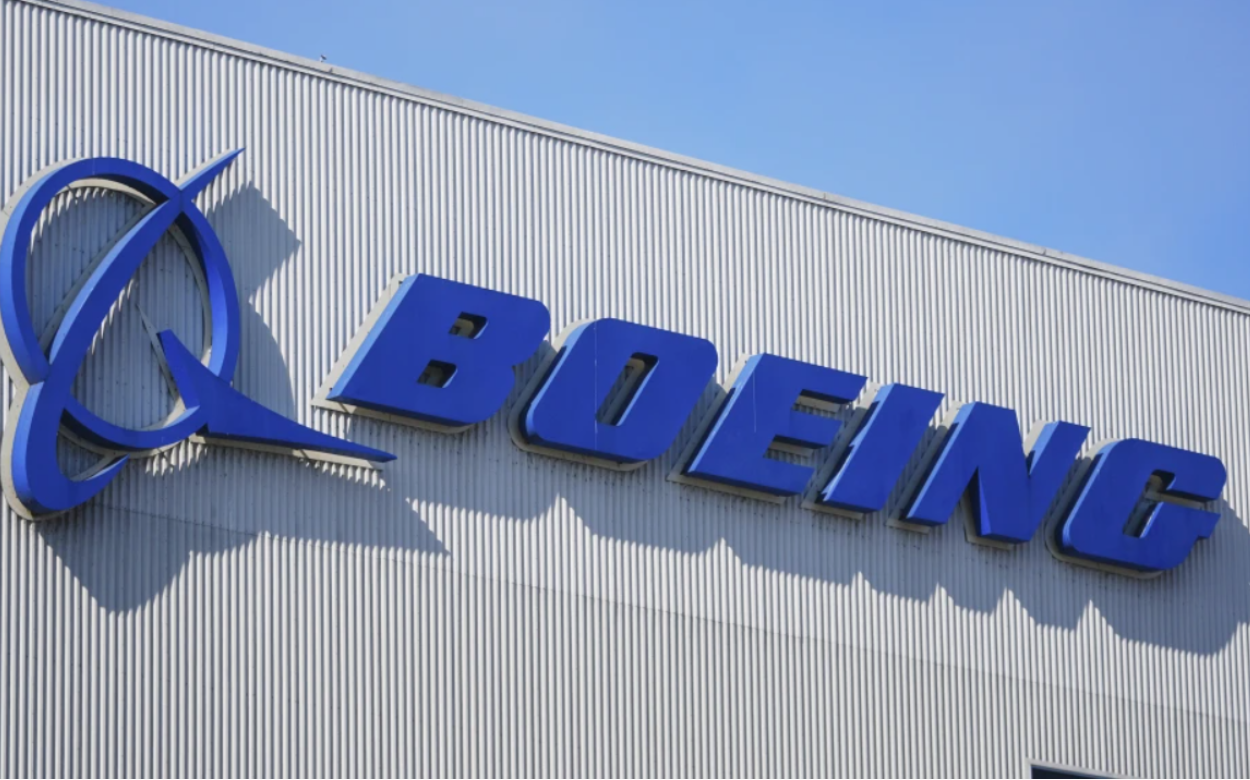Air India announced on Tuesday that it has completed precautionary inspections of the locking mechanisms on fuel control switches for certain Boeing aircraft in its fleet, reporting that no problems were detected.
This announcement follows a preliminary report into a fatal Air India crash last month, which suggested that fuel control switches on the aircraft may have moved and flipped suddenly, cutting off fuel supply to both engines.
Air India operates Boeing 787 Dreamliners on long-haul routes, while its low-cost subsidiary, Air India Express, uses Boeing 737 jets for shorter flights. The airline confirmed that all aircraft from both fleets were inspected.
“In the inspections, no issues were found with the said locking mechanism,” the airline stated.
The investigation by India’s Aircraft Accident Investigation Bureau focuses on the June 12 crash of a London-bound Boeing 787 in Ahmedabad, where 260 people lost their lives. One person survived the incident. The crash is believed to have resulted from a malfunction involving the fuel control switches.
In response to the findings, India’s aviation regulator last week ordered all airlines operating relevant Boeing aircraft to inspect their fuel control switches and report back by July 21.
Air India currently operates 33 Boeing 787 Dreamliners, while Air India Express has 75 Boeing 737 aircraft in its fleet.
The airline has recently dealt with several service disruptions due to increased safety inspections and regulatory oversight. These measures have led to delays, cancellations, and increased passenger concerns.
On Monday, an Air India Airbus A320 skidded off the runway while landing in heavy rain at Mumbai International Airport. The incident caused minor damage to one of the engines and resulted in a temporary runway closure. The flight had originated from Kochi, in the southern state of Kerala. All passengers and crew disembarked safely, and the aircraft was grounded for further examination.
Air India returned to private ownership in 2022 when Indian conglomerate Tata Sons acquired the debt-laden airline in a $2.4 billion deal. The purchase marked a symbolic return, as the airline was originally founded by the Tata family in 1932 before being nationalized.
Since the takeover, Air India has embarked on a major transformation, including a $70 billion order for new aircraft, the integration of other Tata-owned airlines, a rebranding campaign, and major investments in aircraft modernization and digital infrastructure upgrades. Over 60 older planes are being retrofitted as part of these efforts.
Also Read:
Japan Posts Trade Deficit as Trump’s Tariffs Weigh on Exports
U.S. Manufacturing Remains Sluggish Despite Biden’s Subsidies and Trump’s Tariffs













